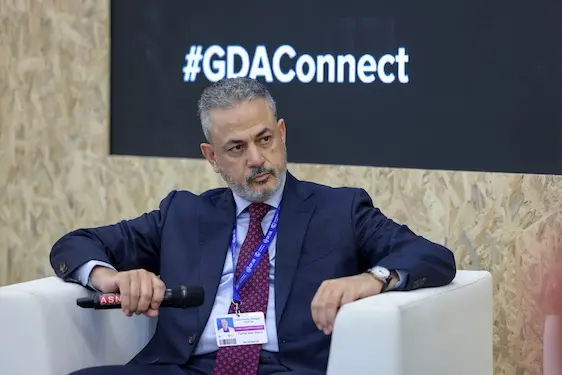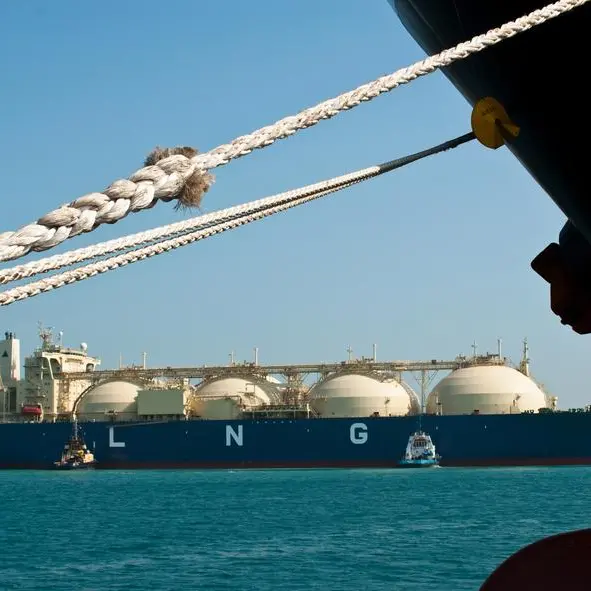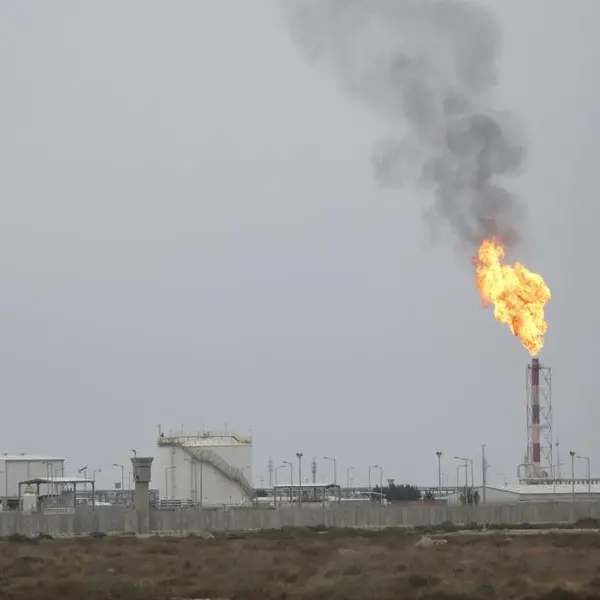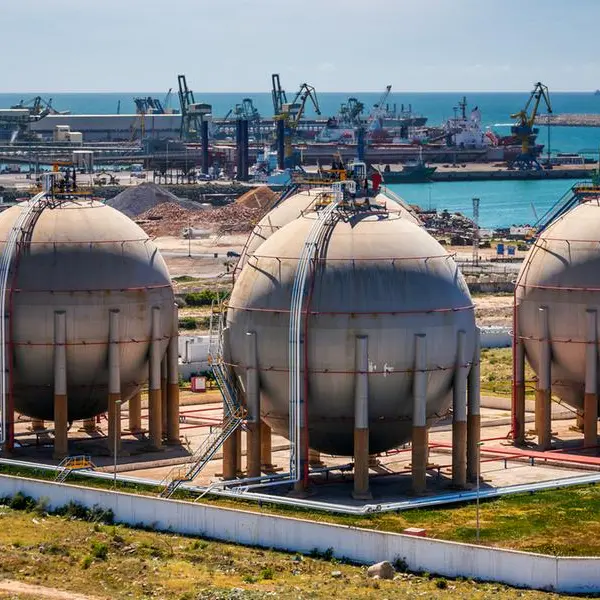PHOTO
The Libyan National Oil Corporation (LNOC), which sits atop Africa’s largest and the world’s 9th largest proven reserves, launched its sustainability strategy, 'Think Tomorrow,' during COP28 in Dubai with a significant commitment to reducing gas flaring.
The new sustainability strategy underpins LNOC's plans to move beyond traditional oil-centric operations, address the climate change challenge and contribute to the country's overall development.
“Our vision extends beyond oil and gas production; it's about unlocking the potential for positive change for Libya, our industry, and the global community,” Chairman Farhat Bengdara said at a press conference at COP28 on Tuesday.
Last week, LNOC was one of the 30 national oil companies that signed up for the Oil and Gas Decarbonisation Charter (OGDC), which commits its signatories to net-zero operations by 2050, ending routine flaring by 2030 and near-zero upstream methane emissions.
Bengdara said LNOC is committed to achieving net zero gas flaring by 2030 [reduce gas flaring by 83 per cent by 2030], which will be a collaborative endeavour involving its nine oil subsidiaries, Mellitah, Al Khaleej, Sirte, Mabruk, Waha, Zueitina, Harouge, Akakus, and Alsarir.
“We have a $ 1 billion project with Eni for reducing gas flaring that caps 30 percent of the flaring in Libya,” he disclosed during the press conference.
LNOC will commit to targeted reductions of 266 cubic feet per day through investments in gas capture technologies, infrastructure development, and strategic partnerships, including collaboration with the United Nations Development Programme (UNDP), the company said in a related press statement.
Other elements of the strategy, which will be mainly implemented through partnerships, include:
- Implementing a comprehensive monitoring and measurement programme to capture data on routine and non-routine methane emissions, CO2 emissions, and general leaks in existing assets.
- Remove waste oil lakes and transform waste into sustainable energy wherever possible. LNOC intends to convert one million cubic metres per day of wastewater into usable clean water across three major oil fields and remediate weathered crude ponds.
- Promoting energy efficiency, establishing investor programmes and championing clean technology start-ups.
- Plant one million trees between 2023 and 2025 as part of environmental commitment.
- Harnessing Libya's solar, wind, and geothermal energy resources with emphasis on providing renewable electricity to oil fields to reduce dependence on traditional power sources.
During a Q&A session at the press conference, Bengdara said the diversification strategy will not impact existing customers.
“We need to have a strategy for clean energy, but we won’t make it difficult for countries who depend on us for providing traditional energy.”
He also noted that LNOC’s diversification strategy will co-exist with its plans to raise oil output to 2 million barrels per day, for which the company is seeking $17 billion in funds.
“Renewables currently account for 11 to 12 percent of the world’s energy production. [I believe] we can increase both sides, but at a certain point in time, we will have to gradually decrease traditional energy sources. We have to balance that..,” he said.
Bengdara pointed out that LNOC’s renewable energy plans align with the Libyan government’s plans to develop the country’s renewable resources and potentially export renewable energy to Europe.
“We have a competitive advantage in that we can produce renewable energy at low cost. Our engineers are thinking about hybrid models that combine different energy resources,” he said.
(Writing by Anoop Menon; Editing by Dennis Daniel)
(anoop.menon@lseg.com)
Subscribe to our Projects' PULSE newsletter that brings you trustworthy news, updates and insights on project activities, developments, and partnerships across sectors in the Middle East and Africa.





















